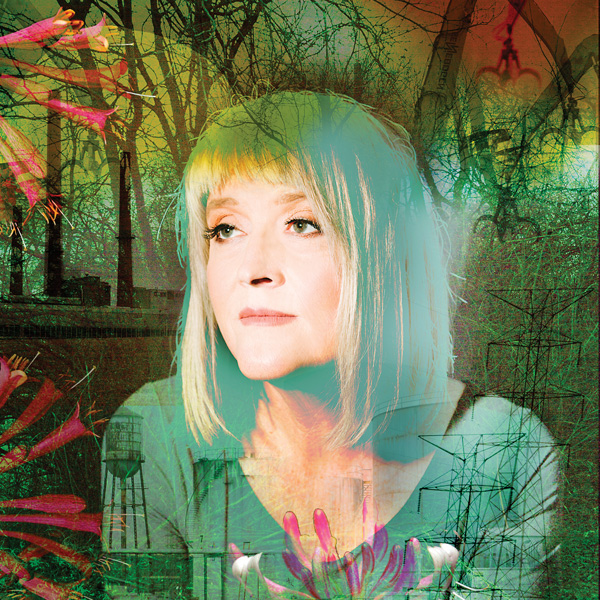How to Write a Perfectly Sad Song

Singer-songwriter Kim Richey.
There are certain types of songs we turn to in times of need—sad songs, love songs, songs that seem to turn anger into vapour. When lyrics authentically capture a feeling, a catchy tune can transform into a saving grace. That’s why the art of songwriting requires vulnerability, and a willingness to give a piece of yourself to the listener.
Kim Richey is a musician who understands the power music can have on a person. The faculty for Banff Centre’s Singer-Songwriter residency has released nine albums and has co-written with artists like Dixie Chicks and Trisha Yearwood.
For Richey, writing a new song—especially a sad one—is a way to reach out to people who may be feeling the same way she is and let them know they’re not alone. “That’s what we’re all trying to do,” she says, “connect with people.”
Here are some songwriting tips from a woman who’s spent years pouring her heart out on the page.
Write when you feel it
Some find that a little distance makes for clarity when it comes to emotional matters, but for Richey, that raw feeling is where she finds inspiration.
“Write when you’re in the thick of it,” she says.
That feeling will come through onto the page and preserve the moment. “I kind of lean towards the melancholy a little bit. I think the place where I can put that, without being a sad person all the time, is in songs.” Even if it’s not quite right, it’s a starting place, and a potentially cathartic one at that.
Find the heart of the matter
In the space of a song, there’s not a lot of room to tell your story. That means the songwriting process is a lot about trimming the fat and making every word count. “Sometimes people will keep saying the same thing over and over again without advancing the story,” says Richey. Every verse should say something new. That’s also what makes playing and tweaking your song all the more important. “You’ll always hear a word you can change that makes it mean so much more.”
Just get started
“Every time I sit down to write a song, I don’t know if I’m ever going to be able to write another song,” says Richey. If you’re feeling a bit blocked or emotionally drained, get up and get moving. Richey likes to go for a walk, grab a coffee, or read books that put her in a new frame of mind. Though it can be hard at first, Richey promises, “once you know where the song’s going, then it’s really fun.”
Kim Richey joined Banff Centre as faculty last spring for the Singer-Songwriter residency. She was generously supported by the Paul D. Fleck Fellowships in the Arts Endowment.